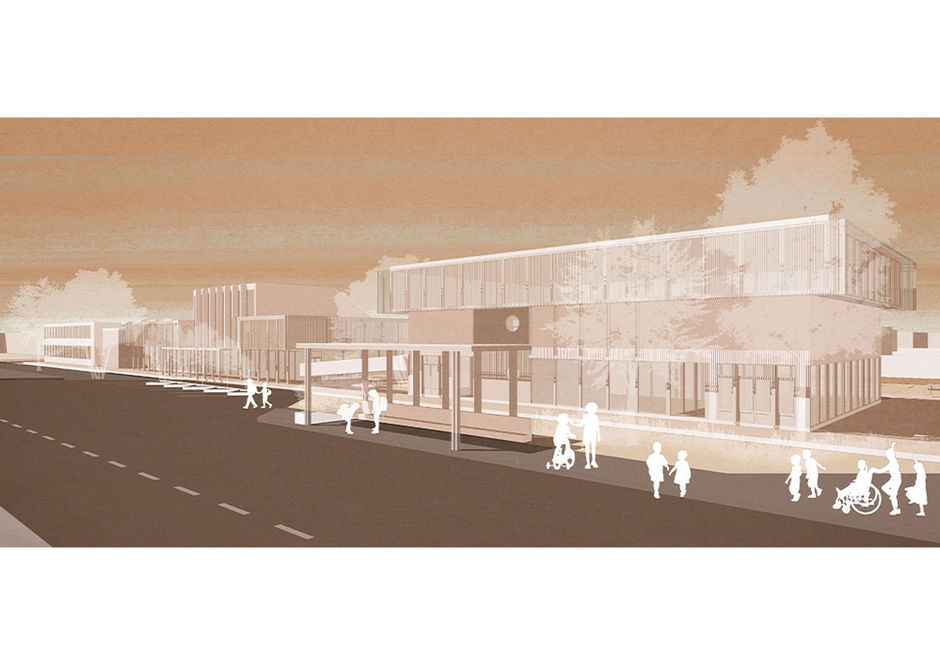


Nondumiso Langa
Connected Curriculum
Breaking social stigmas through altering the
conventional schooling programme Empangeni


The intellectually disabled society remains isolated from our daily surroundings because of the absence of adaptable environments. In addition to this, the society is exposed to extreme poverty and nutrition risks.
In the context of social and economic development, education plays an extremely important role in reducing poverty. In South Africa, disability is worsened by unemployment and poor education.
Lack of self-esteem and depression are common symptoms that aggravate the condition, especially in black communities, where neurological issues are often regarded as a weakness. This discussion leaves me with the impression of an exclusionary cycle from society that reinforces itself.
"A rose by any other name would smell as sweet" - William Shakespeare
When referring to children with learning difficulties, names can be misinterpreted and therefore have a considerable influence on how they are identified, evaluated, and assisted. The problem surrounding learners with learning disabilities goes beyond this, with many being stigmatised as “slow,” “mentally disabled,” or “lazy.”
The nature of the stigma against persons with learning disabilities can be interpreted a "paradigm”.
A paradigm refers to the shared images, assumptions, and practices that characterise a community of people. In society, one can find different paradigms, therefore, it is reasonable to conclude that certain communities, in this case the intellectually disabled community, may be defined by competing normative perspectives.
The concept of paradigm is important because it does not merely illustrate the perspectives of social and political values in the larger society; it also shapes policies, cultural norms, and religious beliefs which as a result guides practitioners in their work.
The meaning of this is that a paradigm must be evaluated in light of broader social and cultural commitments in order to understand its origin, development, and effects.
Bearing this in mind, this research seeks to investigate an architectural typology that aims to serve all categories of society including people with intellectual disabilities in Empangeni and its surrounding context.








